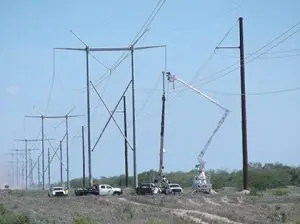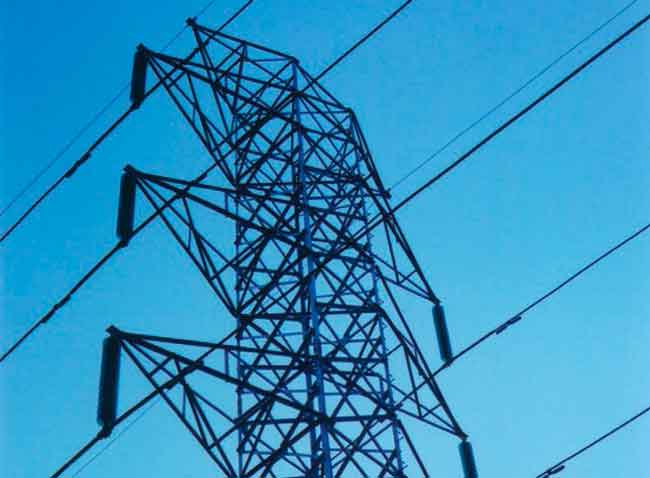Ottawa begins funding push for hybrid R&D
By Globe and Mail
CSA Z463 Electrical Maintenance -
Our customized live online or in‑person group training can be delivered to your staff at your location.

- Live Online
- 6 hours Instructor-led
- Group Training Available
The establishment of a chair in hybrid powertrain research is the first of its kind in Canada and part of a $190-million, seven-year federal endowment that will finance 19 research chairs at several universities across the country and has allowed the institutions to attract top research scientists from around the world.
"The next decade will bring dramatic changes in hybrid powertrain design and production, triggering unprecedented technology investment by the auto industry," McMaster said in its submission to the Canada Excellence Research Chairs program.
But a growing chorus of voices from the auto industry is urging the federal and Ontario governments to be more aggressive if they want the country's largest manufacturing industry to climb to a position of leadership in the production of hybrids.
Companies need help too or Canada risks watching jobs and private investment dollars flow to other countries that are spending tens of billions of dollars to support their vehicle industries.
"Canadian companies are no longer on a level playing field," warned the Electric Vehicle Technology Roadmap for Canada, whose steering committee consisted of several senior executives from the electric vehicle industry.
The report pointed to a $25-billion US program that Washington has earmarked to help U.S. automakers and their rivals doing research and development in the United States into hybrid, plug-in hybrid and fully electric vehicles.
The Detroit Three automakers are expected to spend more than $50-billion in this area during the next several years.
"The industry is presently underfunded in terms of the research and commercialization capital needed to produce EV components," the Roadmap report said. "It is hard-pressed to compete with well-funded competitors in the U.S. and elsewhere. Significant financial support is required to retain this expertise and to support jobs within Canada."
A boom in sales of plug-in hybrid and battery-powered vehicles is not expected in the next few years, but auto makers are working furiously on such new technologies to meet stringent new fuel economy rules that come into place in the United States and Canada in 2016.
They will start arriving later this year with the Chevrolet Volt, a plug-in hybrid that will travel about 60 kilometres on electric power and possesses a small, gasoline-powered backup engine to extend its range. Toyota Motor Corp. will test plug-in hybrids in North America this year.
Ford Motor Co. plans to have 10,000 fully electric versions of its Focus compact car on the road next year, while Nissan Motor Co. Ltd. wants to sell 500,000 Leaf battery-powered cars globally by 2012.
Ontario has already lost out on one opportunity, however. Azure Dynamics Ltd., a TSX-listed company, has chosen Michigan as the place where it will assemble battery-powered versions of Ford's Transit Connect utility.
"My heart was: Do it in Ontario," said Mike Elwood, vice-president of marketing for Azure Dynamics and chairman of the steering committee for the Roadmap report. "Buy America and other things precluded that, unfortunately."
The report says there should be 500,000 plug-in vehicles on Canada's roads by 2018. Given that projection, Mr. Elwood said incentives to manufacture such vehicles in Canada and to Canadian drivers to purchase are necessary as are leadership and education.
"We haven't had anybody federally step up and say: 'Not only do we want to see 500,000 [electric vehicles] we want to see one million.'"
Governments could reward people who buy electric vehicles with non-monetary incentives, he said, such as preferred parking spots.
Magna International Inc. chairman Frank Stronach has urged the federal and Ontario governments to develop policies that will encourage assembly of electric vehicle components in Canada.
"We're in a race for two things: knowledge investment and manufacturing investment," said one industry source.
"This is like the NBA draft. We want the A-team. What is Canada doing to draft the A-team in electric vehicles?"











